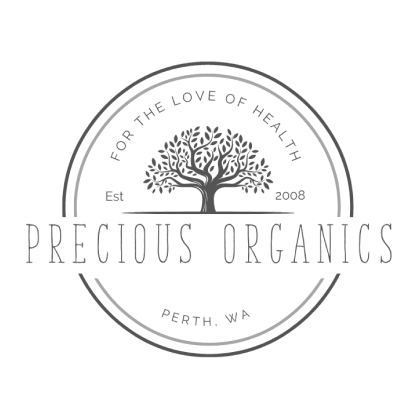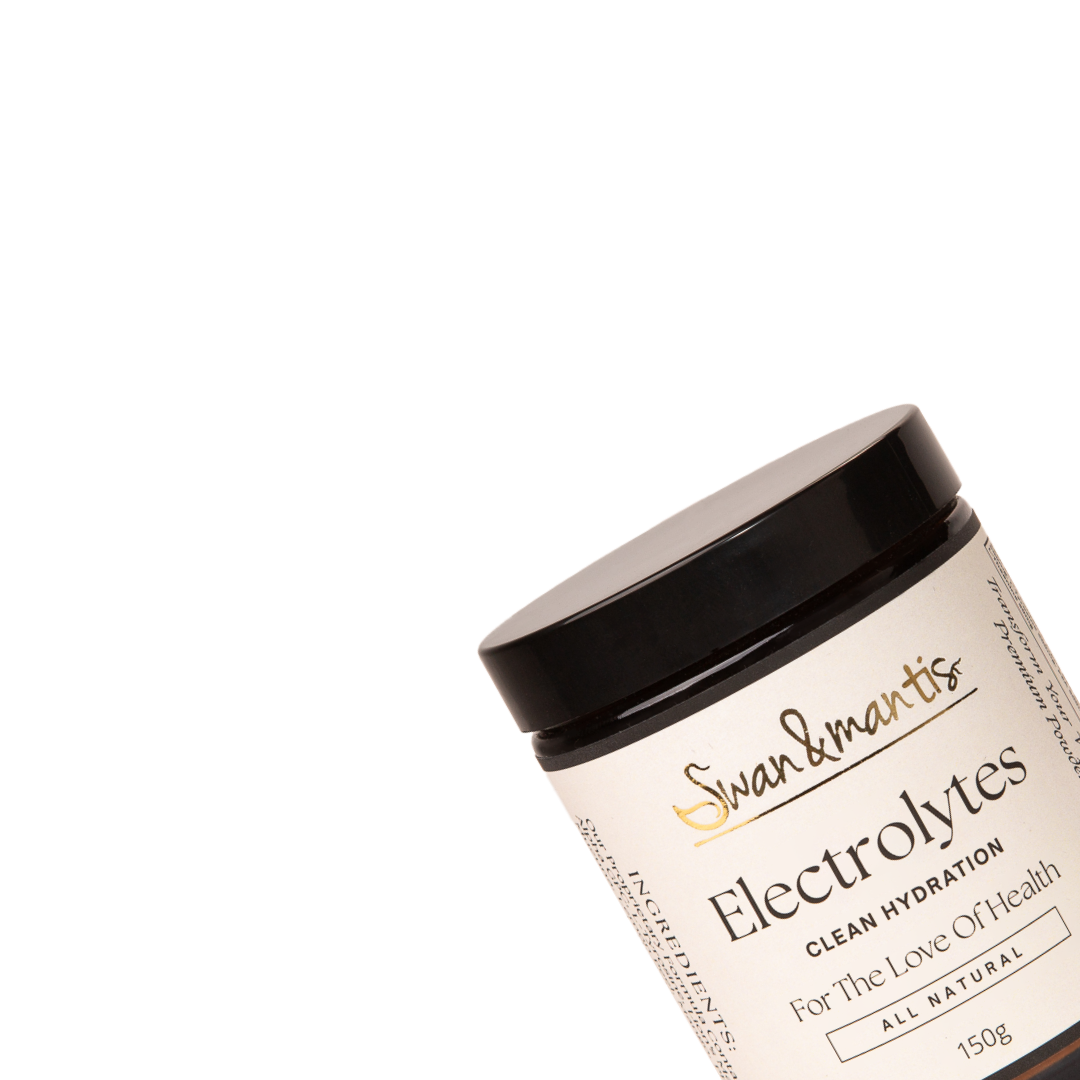Canola Oil
Canola Oil - Danger !!!???
Olive oil comes from olives, peanut oil from peanuts, sunflower oil from sunflowers; but what is a canola?
Canola is not the name of a natural plant but a made-up word, from the words "CANadian Oil Low Acid". Canola is a genetically engineered plant developed in Canada from the Rapeseed Plant, which is part of the mustard family of plants. According to AgriAlternatives, The Online Innovation, and Technology Magazine for Farmers, "By nature, these rapeseed oils, which have long been used to produce oils for industrial purposes, are... toxic to humans and other animals".
Rapeseed oil is poisonous to living things and is an excellent insect repellent. I have been using it (in very diluted form, as per instructions) to kill the aphids on my roses for the last two years. It works very well; it suffocates them. Ask for it at your nursery. Rape is an oil that is used as a lubricant, fuel, soap and synthetic rubber base and as a illuminate for color pages in magazines. It is an industrial oil.
It is not a food.
Rape oil is strongly related to symptoms of emphysema, respiratory distress, anemia, constipation, irritability, and blindness in animals and humans. Rape oil was widely used in animal feeds in England and Europe between 1986 and 1991, when it was discontinued.
A few relevant facts It is genetically engineered rapeseed.
Canada paid the FDA the sum of $50 million to have rape registered and recognized as "safe". (Source: Young Again and others)
Rapeseed is a lubricating oil used by small industry. It has never been meant for human consumption.
It is derived from the mustard family and is considered a toxic and poisonous weed, which when processed, becomes rancid very quickly.
It has been shown to cause lung cancer (Wall Street Journal: 6/7/95)
It is very inexpensive to grow and harvest. Insects won't eat it.
Some typical and possible side effects include loss of vision, disruption of the central nervous system, respiratory illness, anemia, constipation, increased incidence of heart disease and cancer, low birth weights in infants and irritability.
Generally rapeseed has a cumulative effect, taking almost 10 years before symptoms begin to manifest. It has a tendency to inhibit proper metabolism of foods and prohibits normal enzyme function. Canola contains Trans Fatty Acids. Trans fatty acids have been shown to have a direct link to cancer. shown to have a direct link to cancer. Foods (including oils) are often labeled as containing trans fatty acids. However any food which says it contains hydrogenated or partially hydrogenated oils contains trans fatty acids: Hydrogenation is just the process in which trans fats are formed (literally hydrogenation means adding hydrogen). These Trans Fatty acids are labeled as hydrogenated or partially hydrogenated oils. Avoid all of them!
According to John Thomas' book, Young Again, 12 years ago in England and Europe, rape seed was fed to cows, pigs and sheep who later went blind and began attacking people. There were no further attacks after the rape seed was eliminated from their diet. Source: David Dancu, N.D.
Apparently peanut oil is being replaced with rape oil. You'll find it in an alarming number of processed foods. I read (and am not sure if this is true or not) where rape oil was the source of the chemical warfare agent mustard gas, which was banned after blistering the lungs and skins of hundred of thousands of soldiers and civilians during W.W.I. Recent French reports indicate that it was again in use during the Gulf War.
Check products for ingredients. If the label says, "may contain the following" and lists canola oil, you know it contains canola oil because it is the cheapest oil and the Canadian government subsidizes it to industries involved in food processing.
Adrenoleukodystrophy (ALD) is a rare fatal degenerative disease caused by in a build up long-chain fatty acids (c22 to c28) which destroys the myelin (protective sheath) of the nerves. Canola oil is a very long chain fatty acid oil (c22). Those who will defend canola oil say that the Chinese and Indians have used it for centuries with no effect, however it was in an unrefined form.*
(* taken from FATS THAT HEAL AND FATS THAT KILL by Udo Erasmus.) I read about a man who bred birds, always checking labels to insure there was no rape seed in their food. He said, "The birds will eat it, but they do not live very long." A friend, who worked for only 9 mo. as a quality control taster at an apple-chip factory where Canola oil was used exclusively for frying, developed numerous health problems.
Rape seed oil used for stir-frying in China found to emit cancer-causing chemicals. (Rapeseed oil smoke causes lung cancer.) Amal Kumar Maj. The Wall Street Journal, June 7, 1995 pB6(W) pB6 (E) col 1(11 col in). Compiled by Darleen Bradley.
Canola Oil in pesticides. The Health Ranger reveals how the No. 1 ingredient in a pesticide product is actually canola oil, and describes the warnings on the product which include that you should never get the oil on your skin or clothing. Soybean oil is also discussed as a key ingredient in another pesticide product.
MORE FROM AN HERBAL WEB SITE - rmhiherbal.org Canola oil Because of the public scare over animal fats, sales of vegetable oils of all types increased. It was the established wisdom that those oils high in polyunsaturated fatty acids were especially beneficial (animal fats are high in saturated fatty acids). The obsession with polyunsaturated versus saturated fats led researchers and nutritionists to overlook some of the other features of vegetable oils that we now know are crucial to health, including: (1) susceptibility to rancidity; (2) ratio of omega-3 to omega-6 fatty acids and its relevance in inflammatory diseases and immune system function; (3) possible presence of irritating or toxic compounds in particular plant oils. Unlike the case of trans-fatty acids, for which there is massive amount of research data, there is much less documented scientific research on canola oil consumption in humans, specifically. Some sources (unverified) claim that the Canadian government and industry paid the U.S. FDA $50 million dollars to have canola oil placed on the GRAS ("Generally Recognized As Safe") list, which allowed the canola industry to avoid the lengthy and expensive approval process, including medical research on humans. However, experimental rats that were fed canola oil "developed fatty degeneration of the heart, kidney, adrenals, and thyroid gland. On withdrawing the canola oil from their diets, the deposits dissolved but scar tissue remained on all vital organs." [ref. 3a] In the absence of direct research studies of canola oil and human health, many concerned nutritionists and biochemists have attempted to analyze the canola oil situation on the basis of current knowledge of the biochemistry of fats and oils. While hard-nosed canola industry spokespersons may claim such commentary to be speculative, in the absence of proof of safety, anyone concerned about their family's health should pay close attention to the various arguments and warnings. [refs. 3a - 3i; for canola industry position, see refs. 3j, 3k] The Canola Council of Canada has published a report [ref. 3k] that focuses heavily on the high polyunsaturated fatty acid content of canola oil and the presumed benefits of polyunsaturated oils on various blood parameters (platelet phospholipids, platelet aggregation, eicosanoid production, clotting time). In spite of the many scientific references listed at the end of the report, the author studiously avoids discussion of the toxic effects mentioned by many nutritionists and biochemists, and, instead, attempts to link many of the benefits of Mediterranean-type diets high in olive oil to diets high in canola oil, when in fact, no such evidence is presented, and canola oil has never been part of a traditional Mediterranean diet. Concerns about the risks of using canola (rapeseed) oil focus on several aspects: (1) the presence of long-chain fatty acids, including erucic acid, which are thought by some to cause CNS degeneration, heart disease, and cancer; (2) the high temperatures needed in the refining process to make canola oil palatable, which lead to formation of trans-fatty acids; (3) miscellaneous undesirable chemical constituents (thioglycosides and thiocyanates) whose effects are unclear, as their concentration in the refined product is probably very low. Although Chinese and Indian peoples have long used rapeseed oil in cooking, it was not refined and processed to the extent of modern commercial methods, and it was never considered to be a high quality oil for human consumption. Ayurvedic physicians have for thousands of years classified olive, almond, and sesame as the best oils for human health, and have considered safflower, soybean and rapeseed oils to be undesirable for human consumption except perhaps when no other oil sources were available. Recent epidemiological studies of high lung cancer rates in Chinese women suggest that wok cooking with rapeseed oil is responsible, rather than tobacco smoking, which was only a weak factor. Chinese rapeseed oil tended to produce the highest emissions of the potentially carcinogenic or mutagenic compounds 1,3-butadiene, benzene, acrolein, and formaldehyde, when compared with soybean oil and peanut oil. [ref. 3n] Canola oil contains a long-chain fatty acid called erucic acid, which is especially irritating to mucous membranes; canola oil consumption has been correlated with development of fibrotic lesions of the heart, CNS degenerative disorders, lung cancer, and prostate cancer, anemia, and constipation. [ref. 3a, 3b] Canola oil derives from the plants Brassica campestris and B. napus, which have been selectively bred to substantially reduce the erucic acid content. However, some health professionals feel that there is still too much present in current canola oil products for safe use. Some critics of canola oil focus on the fact that rapeseed oil was originally used as an industrial lubricant and known to be unfit for human consumption, although many vegetable oils have been used in industrial applications as well as in foods. The long-chain fatty acids found in canola have been found to destroy the sphingomyelin surrounding nerve cells in the brain, in some cases leading to a degenerative brain condition remarkably similar to mad-cow disease (bovine spongiform encephalopathy); in advanced cases the brain tissue develops a Swiss-cheese-like appearance, full of holes. Illnesses and conditions that have been associated with canola oil consumption include loss of vision (retinal capillaries are very sensitive and easily damaged), and a wide range of neurological disorders. [ref. 3a] The high temperatures used in canola refining will damage many of the essential fatty acids, which are much more susceptible to damage by heat than saturated fats. (Heat may convert many of the unsaturated double bonds to the "trans" configuration.) While high-quality essential fatty acids are required for human health, in their damaged or rancid forms they become harmful. Additional problems with canola oil include the presence of minute, but potentially dangerous, amounts of thioglycosides, which have thyrotoxic effects. [ref. 3m] To reduce the concentration of these compounds requires processing with alkalinizing agents plus high temperatures; unfortunately, the high temperatures used in processing have other undesirable effects, the most serious of which is the conversion of unsaturated fats to the trans form. Rapeseed has been selectively bred and genetically engineered [ref. 3a] in an attempt to reduce the toxic components and processing methods were developed to further reduce the concentration of undesirable compounds. Prior to its entry into the "health" food market, it was known as rapeseed oil, but savvy marketing professionals knew that the health food market, heavily dominated by young, college-educated women, would not purchase a repulsive-sounding product called rapeseed oil. The name of the selectively bred variety was changed to canola (as in "Canadian oil"; it has been heavily promoted by Canadian government and agricultural organizations) oil; the name rolls off the tongue with a mellifluous sound. [3.1] Recommendations The biochemistry of plants and natural food products is often complex; the total effect of a given food on human health is dependent upon many chemical constituents and their interaction with biochemical pathways of the body. To radically alter our diets based on scientific evidence regarding only a few aspects of this biochemistry is like cooking in the dark. Common symptom reactions to unhealthy oils and fats, or to an unhealthy balance of the types of fats in one's diet include joint pain and aggravation of arthritic conditions, a general tendency to have increased tissue irritability and inflammation, and, in the case of unhealthy fats such as hydrogenated oils and excessive amounts of fried foods, abdominal fullness and indigestion. While these conditions also may be due to other factors, quality of fats and oils is important. How one feels immediately to within several days after eating specific types of fat is often a useful indicator of whether one's fat consumption is healthy or unhealthy. Avoid canola oil; there is too much doubt about its safety. Recommended oils and fats, which are essential nutrients, include moderate amounts of meat in the form of clean sources (organically grown, etc.) of beef, lamb, and other red meats, poultry, fish (especially sardines and mackerel), plus olive, almond, or sesame oil; of all the vegetable oils, olive oil is probably the safest and best for health reasons. All of these have been in traditional use in various cultures for thousands of years. Individual differences in metabolism will dictate needs for more or less of these types of oils and fats.


